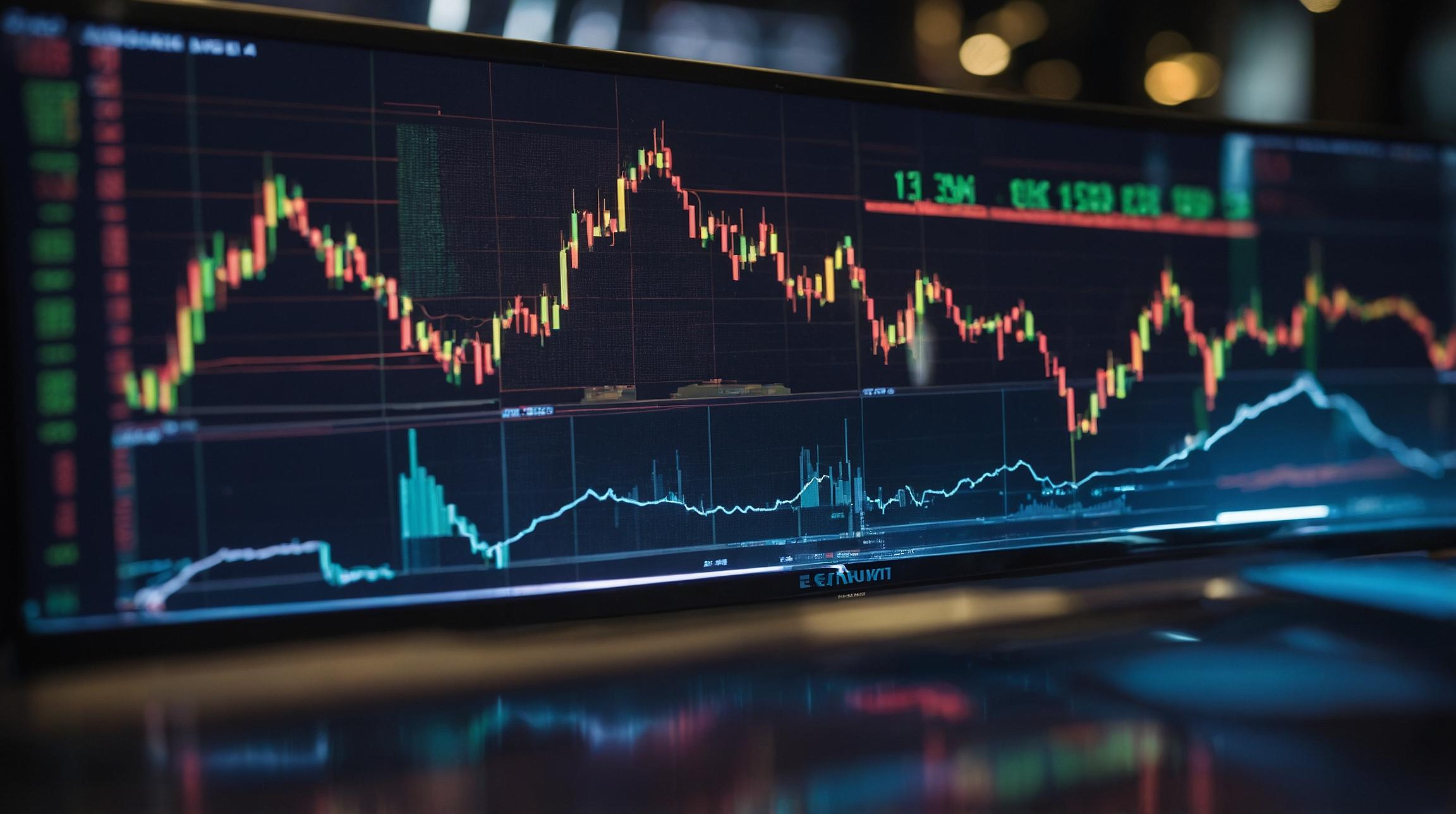Bitcoin's Recent Price Movement
The price of Bitcoin dropped below $59,000 on Tuesday, reflecting ongoing hesitance among investors as they anticipate significant U.S. economic indicators this week. Bitcoin's performance has been somewhat stagnant, with market participants showing limited risk appetite.
Musk and Trump's Crypto Silence
A recent discussion between prominent figures Elon Musk and Donald Trump failed to address cryptocurrency regulation, disappointing some market watchers. Although Trump showed support for the crypto world, his lack of mention during mainstream events, including the talk with Musk, left traders on platforms like Polymarkets speculating without any solid commentary on crypto. Following this, Bitcoin saw a brief dip to $58,000.
Institutional Demand and Ether Inflows
According to data from Coinshares, investment in crypto products increased recently, despite market instability. Notably, Ether investment products received over $155 million in inflows, signaling a rebound after the lukewarm launch of Ether ETFs in the U.S. Conversely, Bitcoin garnered only about $13 million in inflows, indicating limited institutional interest.
Potential Downtrend in Bitcoin's Value
Analysts, such as those from FxPro, foresee potential short-term challenges for Bitcoin. They suggest that Bitcoin may drop by another $5,000 due to its failure to sustain levels above $60,000. This prediction is bolstered by technical indicators, such as the death cross—a bearish pattern indicated by the 50-day and 200-day simple moving averages (SMA) crossover.
Additionally, the relative strength index (RSI), a momentum indicator, has exited its oversold region, which usually signals a lack of strong buying momentum and potential price decline.
Market Caution Ahead of Inflation Data
The broader cryptocurrency market remained largely stable, mirroring Bitcoin's performance. Ether experienced a slight drop of 0.9% to $2,651.18, and other altcoins varied between a 0.3% to 2.4% change. Notably, Dogecoin decreased by 1.4%. Investors remain cautious, awaiting key U.S. inflation data that could influence the Federal Reserve's future interest rate decisions.













